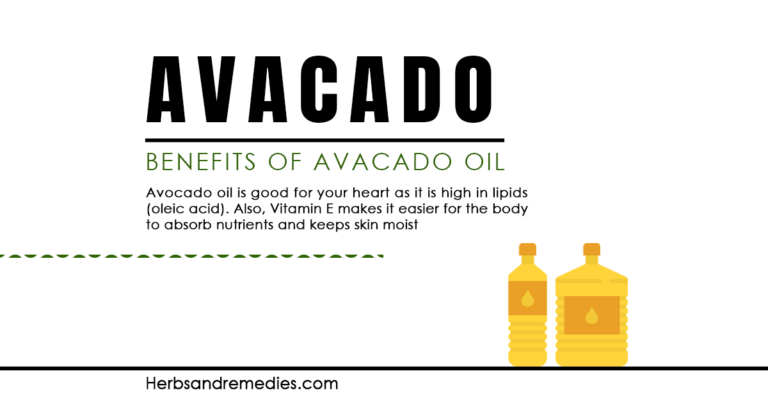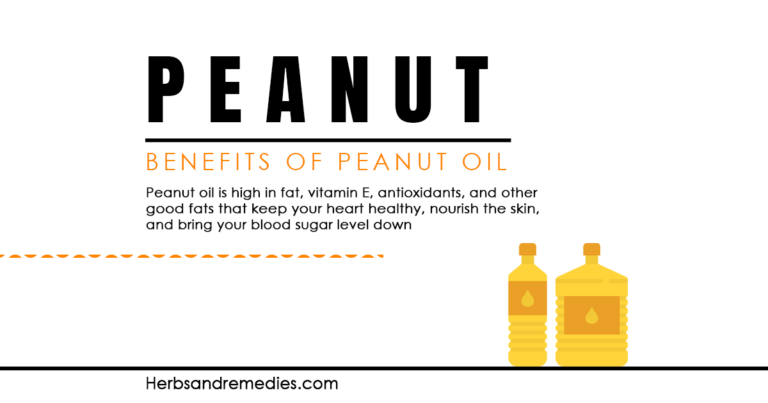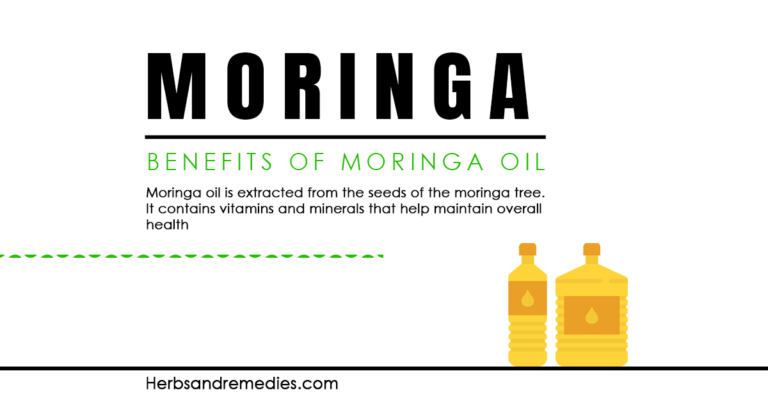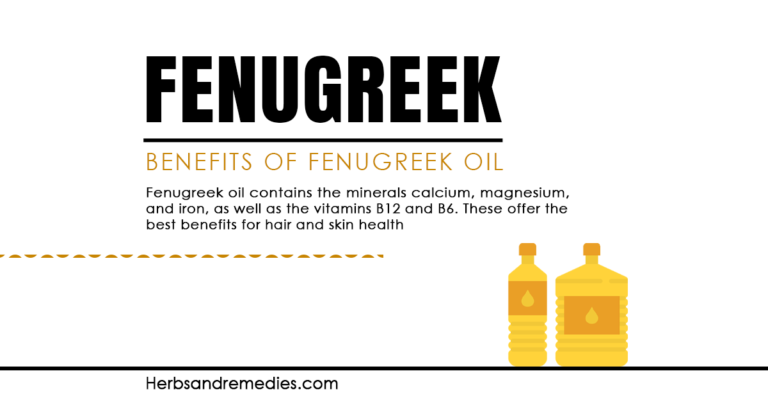Mustard Oil: Benefits And Side Effects
Mustard oil, a golden liquid with many known health benefits, comes from small mustard seeds. This multipurpose oil, which is frequently used in cooking and conventional medicine, contains a special blend of minerals and chemicals that can improve health in a number of different ways.
One of the most often used cooking oils in Asian homes, particularly in Bangladesh and India, is mustard oil. Through the use of steam distillation, it is removed from the mustard seed. Many people use mustard oil for cooking and other purposes.
It has gained popularity across the globe in recent years thanks to its unique flavor and health benefits. The use of mustard oil for cooking and therapeutic purposes dates back more than 3,000 years to ancient India. It became a common ingredient in many cuisines as it moved to other regions of Asia and Europe. The health advantages of mustard oil are absolutely amazing, improving everything from skin and hair quality to heart health, digestion, and even blood pressure. In this post, we’ll look at some straightforward but important benefits of using mustard oil regularly, making it a useful addition to your diet and wellness routine.
Nutritional Value Of Mustard Oil
Mustard oil comes from the seeds of the mustard plant. This oil is full of vitamins and minerals that are good for you. This golden-hued oil has a high concentration of monounsaturated and polyunsaturated fats, which makes it heart-healthy and helpful in lowering cholesterol.
Additionally, it has significant amounts of vitamin E, a strong antioxidant that promotes skin health and aids in the protection of cells from oxidative stress. Mustard oil also has a lot of omega-3 and omega-6 fatty acids, which are important for the health of your heart and brain.
The vitamin K in this oil is also beneficial for bone health and blood coagulation. Additionally, enhancing its nutritional content and promoting healthy bones and overall vigor are the minerals calcium, iron, and magnesium. Mustard oil can be a significant addition to one’s culinary repertoire and offers a number of health benefits when used in moderation as part of a balanced diet.
Benefits Of Mustard Oil
Mustard oil has many advantages. It has a high concentration of monounsaturated and polyunsaturated fats, which makes it heart-healthy and helps lower levels of harmful cholesterol. Let’s discuss its benefits:
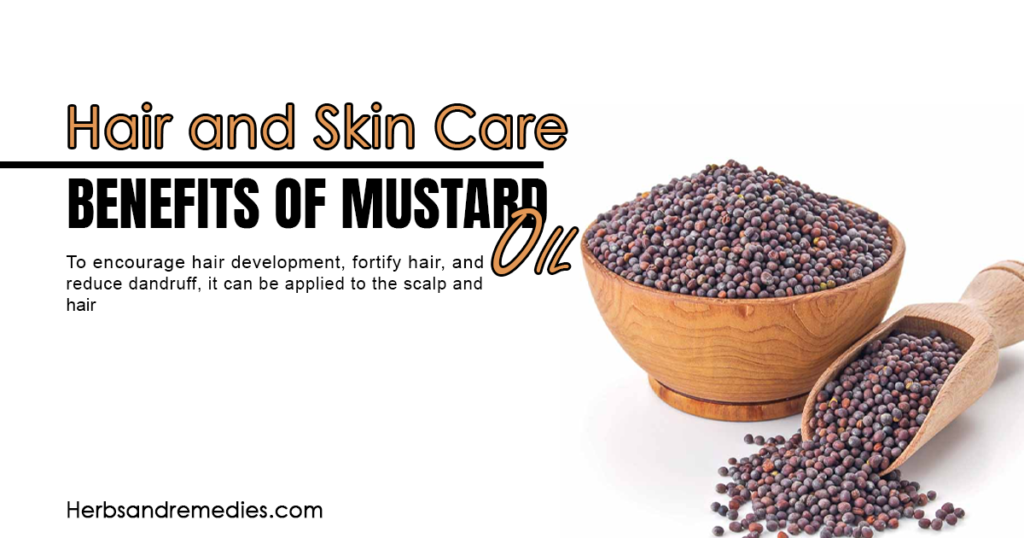
Enhance Skin Tone
Vitamin-rich mustard oil is a natural cosmetic remedy that can effectively lighten skin tones. It moisturizes and nourishes the skin, leaving it soft and supple. It is high in vitamin E. Mustard oil’s vitamin A contributes to a more even complexion by minimizing the appearance of blemishes and dark spots. Vitamin C also encourages the formation of collagen, which gives your skin a youthful glow. A regular addition to your skincare routine that can contribute to a naturally improved and healthier skin tone is mustard oil.
How mustard oil good for skin? Antioxidants, vitamins, and fatty acids included in mustard oil are crucial for maintaining the health and radiance of the skin. It evens out skin tone, reduces redness, and soothes irritation since it manages hyperpigmentation.
For Blood Circulation
There are numerous advantages to mustard oil for blood circulation. First off, it contains a lot of vitamin E, which lowers the likelihood of arterial plaque accumulation and prevents the oxidation of cholesterol, both of which contribute to better blood flow. Second, the presence of vitamin K in it promotes healthy blood clotting, lowering the possibility of excessive bleeding.
Additionally, vitamin B complex, which supports maintaining healthy blood vessels and neuronal function, is included in mustard oil. Omega-3 fatty acids are responsible for their anti-inflammatory characteristics, which support flexible arteries and easier blood flow. Regular use of mustard oil might improve blood circulation and general cardiovascular health.
Due to its potent stimulating properties, mustard essential oil is used to increase circulation. This is very advantageous for you since it increases the rate at which oxygenated blood is delivered to your various organs, enhancing both their general performance and efficiency.
Protects Against Fungus.
As a natural defense against fungus, mustard oil has a wealth of vitamins. Its high level of vitamin E, which is a powerful antioxidant, stops fungi from growing by getting rid of damaging free radicals. Vitamin A also makes the skin’s defenses stronger and helps prevent fungus infections.
The presence of vitamin K in mustard oil is essential for improving blood circulation and strengthening the body’s defenses against fungi. Additionally, the B vitamins in mustard oil support healthy skin overall by bolstering the body’s defense mechanisms against fungus.
For Hair Growth
Does mustard oil good for hair? Mustard oil is a vital part of hair care in many cultures. The benefits of mustard essential oil for hair are excellent. A big part of why mustard oil is so good for hair growth is that it is full of vitamins. Vitamin E-rich products nourish hair follicles and increase blood flow to the scalp, which encourages the growth of healthy hair.
Mustard oil’s vitamin A promotes an ideal environment for hair growth by preserving the scalp’s natural moisture balance and preventing dryness and dandruff. Vitamin K strengthens hair roots, preventing breakage and hair loss. Additionally, mustard oil has key elements that improve hair thickness and vitality, including B vitamins like B6 and folate.
Make your Hair Shine with Mustard Oil.
You can find the key to beautiful locks in mustard oil that has been fortified with important vitamins. This natural elixir, which has vitamin E in it, feeds your hair from the root to the tip, helping it grow healthy and shining. Vitamin A makes hair follicles stronger, which stops hair from breaking and stops it from looking dull. Vitamin K supports healthy scalp maintenance, resulting in a flake-free, vivid mane.
With the help of vitamins, mustard oil makes your hair a shining example of health and beauty. Improve your hair care regimen and let the vitamin-rich deliciousness of mustard oil make your tresses shine.
Is mustard oil use for hair massage? Look no farther than mustard oil if you’re seeking a natural solution to condition your hair and prevent typical hair issues like dryness, knots, and breaking. Natural fats that are abundant in this oil coat each hair strand to protect it from outside contamination and feed the hair roots. However, it is crucial to use premium mustard oil.
Causes People To Sweat More
The ability of mustard oil to make people perspire is unique. Vitamins in the oil are responsible for this effect. Mustard oil has vitamin E, which helps increase blood flow and raises body temperature, which can make you sweat. Also, mustard oil contains vitamin B3, which is also known as niacin. When applied to the skin, niacin can make the skin redden and sweat. When you put mustard oil on your skin, the combination of these vitamins makes it feel hot and makes you sweat, which makes it useful for many medical and therapeutic purposes.
Sweating is an important function of the body. It helps get rid of all the harmful toxins in your body, such as extra ureic acid, water, fats, and salts. These poisons can accumulate over time and cause a variety of health issues. This is why using mustard essential oil to make you sweat is excellent for your body.
Bolsters Bone Strength
Add mustard oil to your routine to enjoy good bone health! Mustard oil which is high in vitamin D, promotes calcium absorption and strengthens your bones to prevent brittleness and fractures. It ensures the bones are mineralized properly with vitamin K, lowering the risk of osteoporosis. Vitamin C helps to produce collagen, which promotes bone strength.
These essential vitamins will improve your bone health and enable you to lead an active and vigorous life.
Is mustard oil good for babies? As it helps to improve and strengthen your growing baby’s brittle and sensitive bones, mustard oil is ideal for infant massage. It gives their bones the nutrition they require to grow strong bones. Additionally, it promotes blood flow, which enhances your tiny angel’s general wellbeing.
Uses Of Mustard oil
Many South Asian cuisines frequently use mustard oil for cooking, which gives food a distinctive flavor. Here are some uses of mustard oil:
Cooking:
Mustard oil is a typical cooking oil in Bengali and Indian cuisine. It enhances the flavor and aroma of food and is frequently used for sautéing, frying, and as a basis for many curries and gravies.
Massage Oil
Ayurvedic and Chinese traditional medicine employ mustard oil as a massage oil due to its warming characteristics. It is thought to encourage relaxation and aid in the relief of muscular pain.
Hair Care:
Some cultures use mustard oil to treat their hair. To encourage hair development, fortify hair, and reduce dandruff, it can be applied to the scalp and hair. For hair masks, it is occasionally combined with other oils or substances.
Skin Care
Due to its high vitamin E and omega-3 fatty acid content, mustard oil is used in various cosmetic products. To moisturize skin, lessen dryness, and calm mild skin irritations, it can be used topically.
Preservation
Pickles and other foods can be preserved using mustard oil because it has natural preservation characteristics. It gives these products a distinctive flavor while extending their shelf life.
Side Effects of Mustard Oil
Due to its high erucic acid concentration, consuming too much mustard oil may cause gastric discomfort and irritability. Here we discuss some side effects of mustard oil:
Skin Irritation:
Mustard oil can irritate and itch skin when applied topically. Due to its heat-producing ability, it may be harsh on sensitive skin. Do a patch test before applying it over the skin.
Eye Irritation:
Contact with mustard oil can irritate and hurt the eyes. This can cause redness, ripping, and burning. Be careful when applying mustard oil close to your face, and if it gets in your eyes, wash them well.
Allergic Reactions:
Mustard oil can sometimes cause allergies in some people. Milder skin rashes to more severe reactions like hives, oedema, or breathing difficulties are all possible symptoms.
Discomfort in the Digestive System:
Consuming too much mustard oil might cause digestive discomfort. It may result in nausea, diarrhea, or stomach pain. In order to prevent digestive problems, it is important to use mustard oil in moderation when cooking.
Photosensitivity:
Mustard oil has the potential to increase photosensitivity, making skin more susceptible to sunburn. If you want to use mustard oil on your skin, you should take precautions like putting on sunscreen and staying out of the sun as much as possible.
In conclusion, mustard oil is a multipurpose cooking oil with a distinct flavor that has been used for millennia in a variety of international cuisines. It is renowned for both its distinct flavor and its health advantages. When used in moderation, mustard oil’s healthy fats and vital nutrients can be useful for our bodies. Though excessive use of mustard oil may pose some health dangers, it’s crucial to use it responsibly.
FAQs
- Is mustard Oil Safe to Use in the Kitchen?
Yes, due to its distinct flavor and high smoking point, mustard oil is frequently used for cooking in many Asian cuisines.
- Is Mustard Oil Good for Your Health?
Since mustard oil is high in heart-healthy monounsaturated fats and has anti-inflammatory characteristics, it may provide health advantages.
- Is Mustard Oil Ok For External Use?
Yes, mustard oil is frequently applied topically for massages and hair treatments since it may improve blood flow to the skin and scalp and nourish them.


